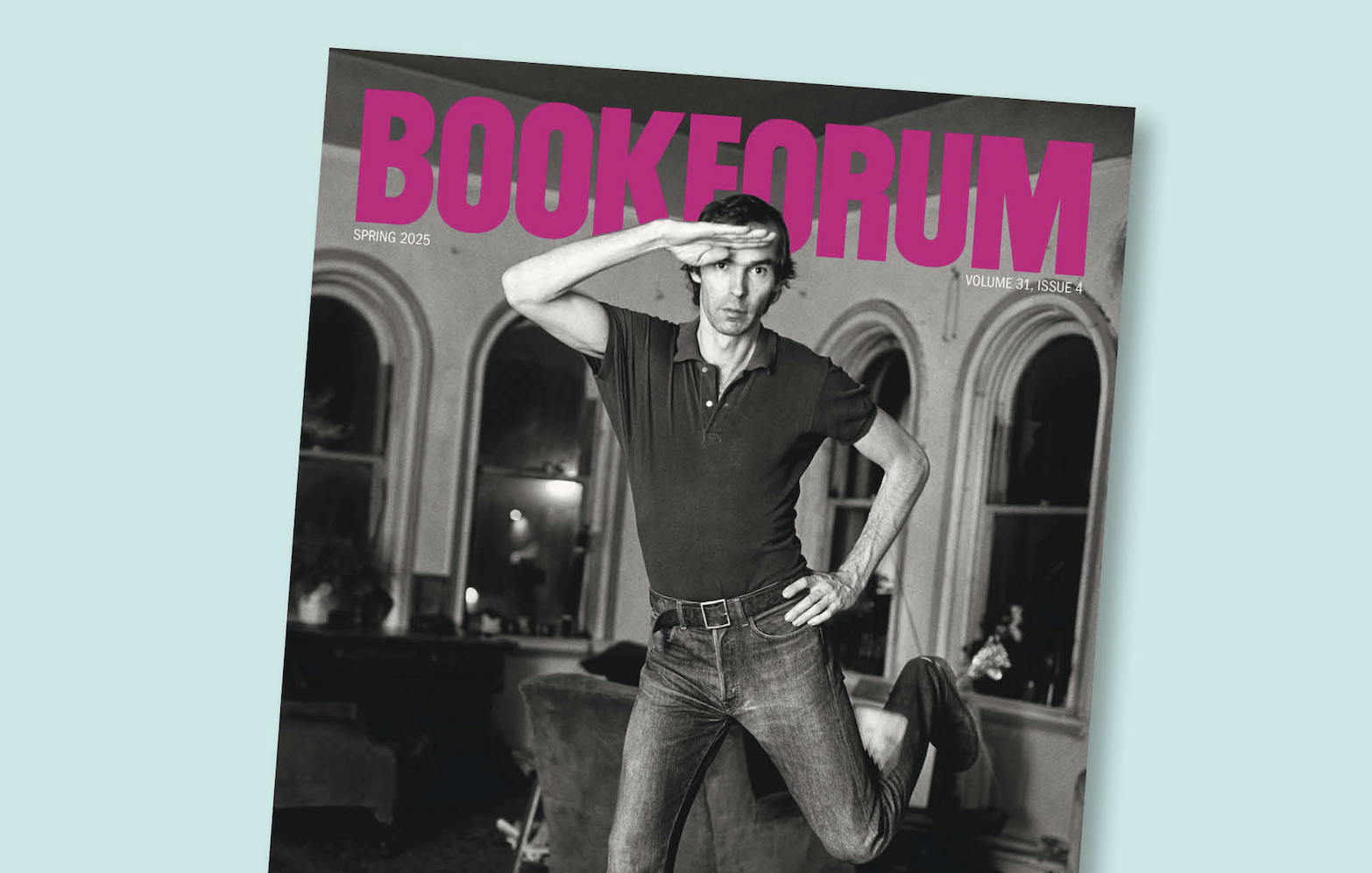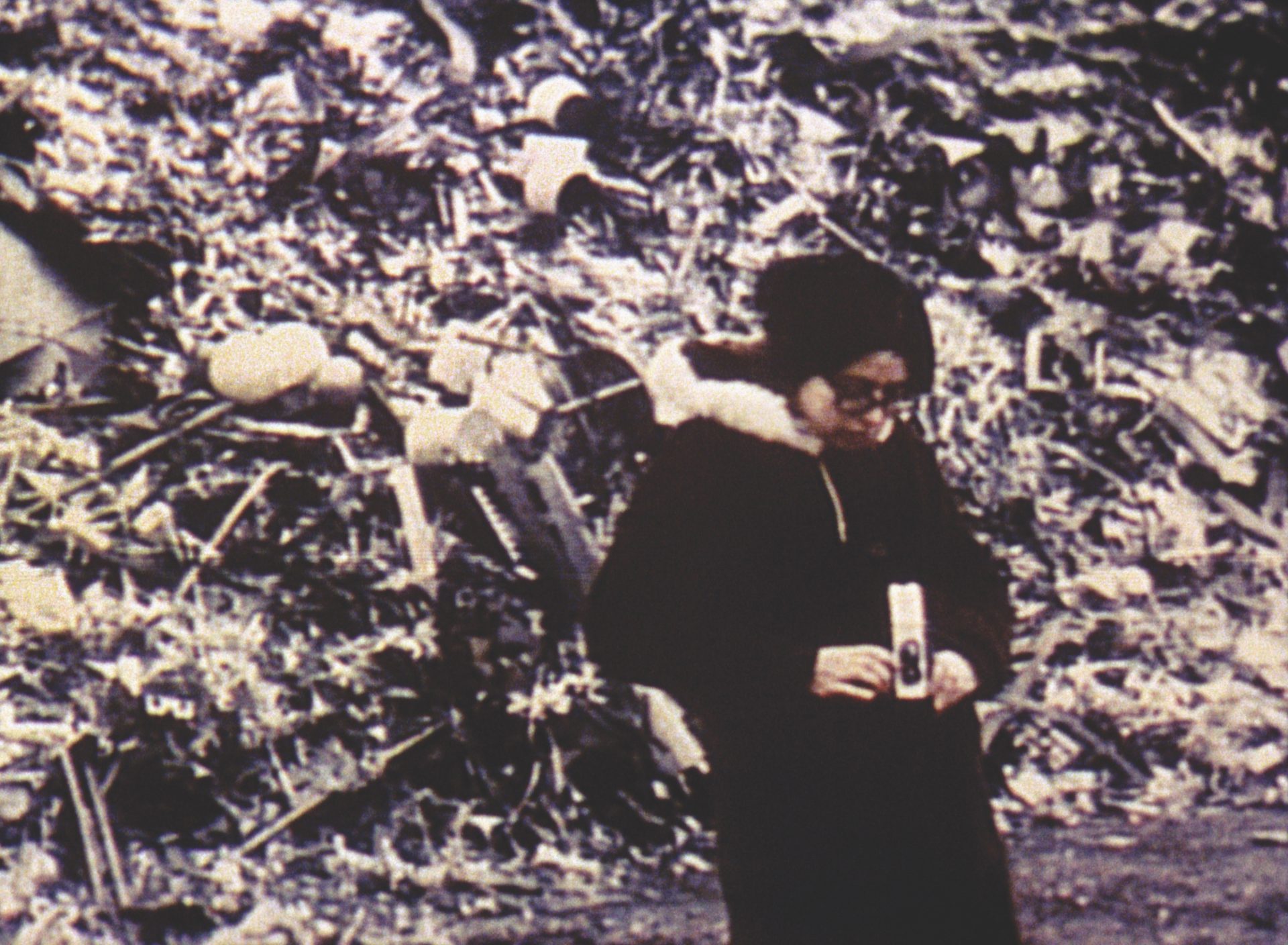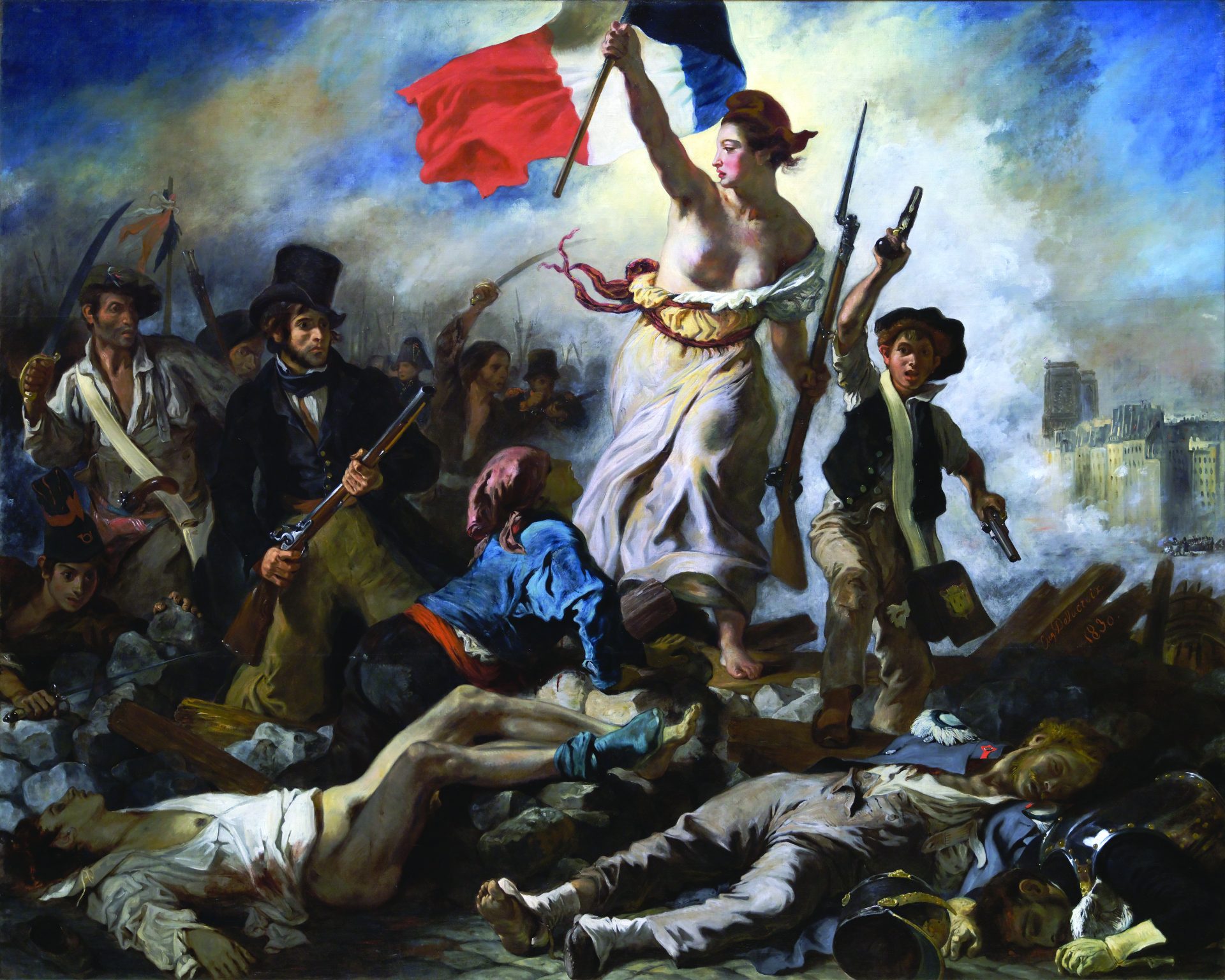
Like stereotypical versions of the people the book maligns, the title of Blythe Roberson’s How to Date Men When You Hate Men makes promises it can’t keep: This is not a how-to, she doesn’t hate men, and though she sleeps around and has maintained perplexing romantic friendships, she’s not totally sure if she’s ever been on a date. The book, she explains in the introduction, is more of a political meditation on what Roberson insists is not a personal problem but a structural one. It’s a “comedy philosophy book about what dating and loving are like now, in an era that we thought was the end of patriarchy (but we now know is at least five hundred years away from that) and at the beginning of an age where robots do all our dating for us.” (She doesn’t use apps.) The book is also intended as a kind of Lover’s Discourse, but one that considers “patriarchy and technology and how changing gender roles and economies and urbanization have morphed how two humans decide to love each other and structure that love, and also with jokes.” (She reveres Barthes, but he didn’t cover some topics she’s interested in, “like trying to kiss a gender that is actively oppressing you, or, like: texting is hard.” He also spent too much time on The Sorrows of Young Werther, which Roberson will “never” care about.) She thinks How to Date Men When They Are Born into and Brainwashed by an Evil System That Mightily Oppresses Women would have been a more appropriate title, but that’s not very catchy, so she attempts to substitute sassy forthrightness for expertise:
Honestly, I am bad at dating and all men hate me as much as I hate them (they hate me for reasons that are less structural), so I have no advice to give. Like, truly: I didn’t date at all in high school or college. I’ve never had an official boyfriend, which used to make me very concerned that something was seriously wrong with me, but now I’m like, sure, whatever, it’s likely that something is seriously wrong with me, but I’m too iron-deficient to care.
The humor here mainly consists of overusing “like,” offering am-I-right-ladies style laments about modern men, recycling Twitter jokes about the author’s love of music made for teenagers (she is twenty-seven), and expressing disdain for great works of literature by men that she hasn’t read. So I’m going to focus on other aspects of the book. The product of an online culture that prizes saying anything over having something to say, Roberson’s bland mix of bratty overconfidence, insincere misandry, and not quite believable self-deprecation would be at home on the kind of women’s website that is run by a man recently made hip to the click-ability of feminist catchphrasing, as would her attempts to twist the slogan “The personal is political” into a self-exonerating explanation of her frustrations with men and the ambiguous “maybe-dates” she goes on with them. Why can’t she transition her “crushes” to official boyfriend status? The tone careens from internet-era hackwork to earnest recitations of basic activist concepts that are simultaneously taken as givens and summarized for her readers, many of whom, Roberson imagines, might be men who can use the book “as a template for how to love women and how to flirt and be sexual in a way that won’t ruin women’s lives, or—and this is such a recent possibility—your life!”
There are few practical suggestions for the well-meaning (self-hating?) male feminist to find here. Both the fun sections, like lists of “flirts” that do and do not work, and potentially illuminating passages, such as one reflecting on her parents’ divorce and whether love is “fake,” are undermined by the fact that Roberson does not have much sustained experience with men and seems to be getting her information from a combination of romantic comedies, friends’ anecdotes, and ambient women’s-magazine wisdom. She ignores a comedy dictum she reproduces—“Art is better when it is specific!”—as most of her romantic encounters, which might at least be funny, if not revealing of what she believes men are doing wrong, are depicted hazily. (Nor is there an elucidation of, say, how kissing men is oppressive.) Conveniently, Roberson believes that not proving her points can prove her point. As she notes in another line that reads as if twice removed, having been cribbed from books for blog posts and tweets and now cribbed again for a book full of blog posts: “Honestly, it’s not the responsibility of the oppressed person to constantly explain the details of their oppression to their oppressor, and it’s not like oppressors don’t have the same Google everyone else does.”

Knowing Roberson has little understanding of the practicalities of heterosexuality renders the political ambitions of the book, which is organized into chapters based on an idea of a relationship’s arc—from “Crushes” and “Flirting” through “Dating,” “Psychic Wounds,” and “Getting Serious” to “Breaking Up,” “Being Single,” and “Making Art”—vaguely outrageous, and a little sad. (She skips all the best parts.) Versions of the word oppress occur more than thirty times, and Roberson believes she herself is among the disadvantaged. As is apparently required now for anyone writing about how her personal problems are political, Roberson feels compelled to acknowledge that, as a “white, straight, cis, able-bodied, college-educated woman,” she has “a lot of privilege.” Other things we learn about her: She went to Harvard, she has a supportive family and many friends she apparently likes, she works for a late-night television show (the celebrity host of which has blurbed her book), she writes for the New Yorker, she lives alone in a steal of an apartment in Brooklyn, she maintains a packed schedule of comedy shows she often hosts, she is “hot and funny!” One could be forgiven for assuming the only oppression she experiences is that the men she likes don’t want to date her.
Aside from lists that “build to no particular point but that I included for fun” (“Hello, It’s Mr. Nasty: Definitive Proof That Tom Hanks’s Character Is the Villain of You’ve Got Mail”), the book does read a bit like an advice column, with Roberson as the letter writer and the reader in the awkward position of expert, trying to figure out what she’s been doing wrong. “It’s hard to know if it’s because of my personality, the guy’s personality, or thousands of years of inequality stemming from gender imbalances created by plow farming,” she writes, settling, ultimately, on the last explanation. Pages later, she notes, “The lovely thing about crushes is that they’re not really about the person who is being crushed on at all! Sorry, my crushes: as is true of everything, this is all about Blythe Roberson!”
Though a performative hatred of men may lead to a performative decision to abstain from them altogether, Roberson admits she wants to find love—“when I meet a guy so hot that I feel the burning need to go see movies with him for the next forty years,” she writes, “you better believe I feel a ton of emotions about it.” Even so, she senses a tension between coupling with a man and her desire to write about everything that happens to her, which is also her career and her “art.” She suspects men may be threatened, classically, by her ambition, and by her “‘prose before bros’ philosophy,” which includes the fact that she will write about them as ruthlessly as she wants. When she considers how she would feel if a man wrote about her, she muses that being a muse would be pretty cool, and it doesn’t seem to occur to her that there should be a trade-off here. Intimacy is not built on going to the movies with a hot guy or satisfying those burning needs, but rather on trust and, to a certain extent, privacy.
Roberson’s unwillingness to entertain the possibility that you can be a feminist writer without giving in to your Dunham-esque “compulsion” to overshare is characteristic of what might be called, to use an internet term, “self-own feminism”: By loudly blaming her datelessness on the patriarchy, she telegraphs her own bad taste and obnoxious incuriosity to any potential suitors. Empty moralizing about the heterosexual couple as a power dynamic does not make it sound fun to participate in; relationships are work, as the cliché goes, but that’s because there’s supposed to be a payoff. Campy misandry as the contemporary shorthand for communicating one’s feminist bona fides provides an exaggerated example of what the stakes of heterosexuality might be for feminists: When a millennial woman with a long-term boyfriend posts on Twitter, for example, that all men are, to use a modifier Roberson loves, “literally” trash, the feelings of the male partner are always assumed to take a back seat to the cause. But the memeification of feminism has made it unclear what that cause is, exactly. The right to say, without personal consequences, that men are trash? The real tensions between heterosexual desires and expectations and feminism—broad examples include sex, monogamy, marriage, childcare—are not easily made irrelevant through rules and deal-breakers. Roberson’s sense that male readers might willingly pick up a book about how the people they date hate them is similarly obtuse about the sacrifices feminism might require a hetero-sexual woman to make. Why would a man do that?
Having a relationship is a lot like writing: To be good at it, you have to be interested in other people and believe you have something interesting to offer them in return. Many people who pursue either do so poorly because they are actually interested only in themselves. Roberson doesn’t seem to realize that attempting to harmonize her heterosexuality with her feminist-writerly impulses could improve both her love life and her work. (Reconsidering The Sorrows of Young Werther might help your writing and your relationship.) Even if the idea of taking a man’s feelings into account is too distasteful, the book Roberson envisioned could have been situated among several recent attempts to reckon with heterosexuality’s relationship to social shifts—Kate Bolick’s Spinster, Moira Weigel’s Labor of Love, Kelli María Korducki’s Hard to Do: The Surprising, Feminist History of Breaking Up—but in shying away from analysis of how, exactly, she sees her personal life as political, Roberson seems to be acknowledging that the feminist basics are common knowledge, the specifics covered better elsewhere.
Dating has always involved strategy, some level of analysis and consideration of another person’s position. This can be tedious and fraudulent, but it can also be productive. In writing you might call it structure; in relationships, compromise. Both are necessary to communicate and deal with other people, not only because no one will ever care as much about what you want as you do, but also because without them the world would be a screaming crowd of unmet needs. The best dating advice I’ve ever given was to a man who wouldn’t leave me alone: You can ask for whatever you want, but that doesn’t mean you’ll get it.
Lauren Oyler is a writer based in New York.






